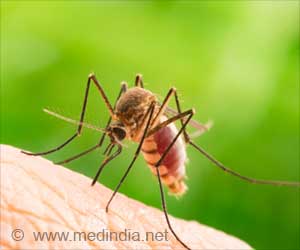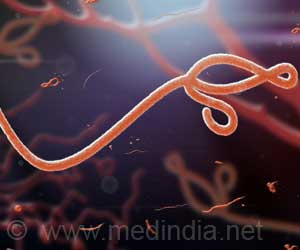The UN body was slow in responding to the outbreak of Ebola that has now killed more than 6,300 people in West Africa, conceded the head of the World Health Organization.

"An old disease like Ebola, when we put it in a new context, we were slow. All of us were slow to see the impact of social, cultural and economic situations on the ground."
She added: "With the benefit of hindsight, I can tell you, we could have mounted a much, much more robust response."
The WHO has faced criticism over its initial response to Ebola, including for being overly bureaucratic and too politicized to react quickly to global health crises.
Chan was speaking before she opened a high-level meeting in Geneva on how to improve the frail healthcare systems in Sierra Leone, Guinea and Liberia, the three countries worst affected by the outbreak.
The failure to recognize and address the deadly virus in the early stages has been blamed as one of the reasons that it has spread so far and been so deadly.
By the time it was finally identified as Ebola on March 21 this year, "the virus was firmly entrenched".
The two-day talks, which gather finance and health ministers from the three countries and a wide range of donors and NGOs, aims to find "practical actions" to strengthen their dilapidated health systems.
Chan stressed the urgency of the task, pointing out that the virus has pushed healthcare systems in Guinea, Liberia and Sierra Leone to the brink of collapse.
Before the epidemic, the three countries counted only between one and two doctors per 100,000 inhabitants, and "that number has been diminished as more than 600 healthcare staff have been infected", Chan said.
Other health care services, including for malaria treatment, vaccinations and safe childbirth, have ground to a halt in many places.
Chan urged delegates to come up with ways to boost the number of doctors and medical supplies as well as ensure the uninterrupted supply of electricity and running water.
Noting the widespread distrust for western medicine and foreign medical teams, she also urged broader respect for the traditional healers, who should be given "a clearly defined role in the formal health system".
Source-AFP
 MEDINDIA
MEDINDIA




 Email
Email





